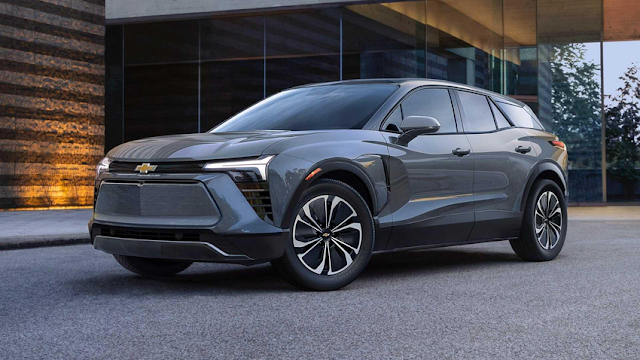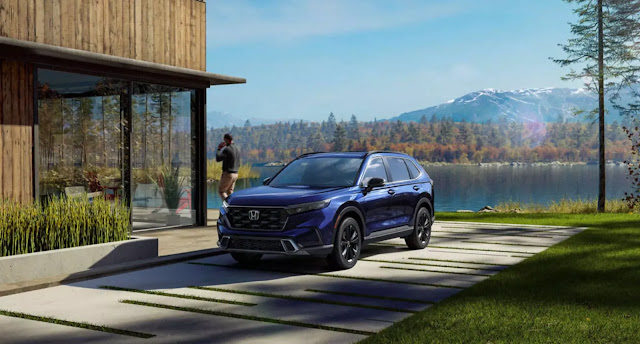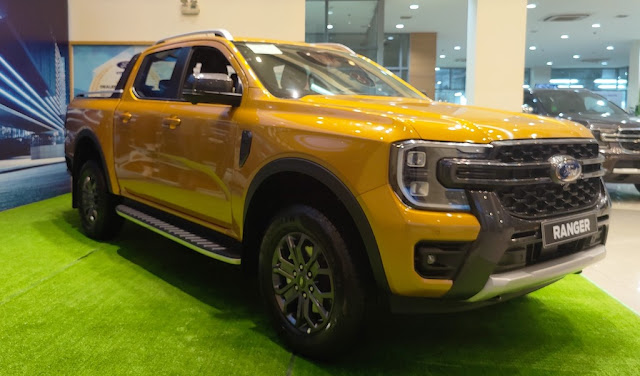bmw 7 series i7
Production launch of the new BMW 7 Series.
Plant Dingolfing is one of the BMW Group’s more than 30 production sites around the world and its largest in Europe. Every day around 1,600 BMW 4 Series, 5 Series, 6 Series, 7 Series, 8 Series and all-new, fully electric BMW iX vehicles roll off the production lines in car plant 02.40. In 2021, annual output totalled some 245,000 units.
The site currently employs approx. 17,000 people. It is also training about 850 apprentices for 15 professions, making it the largest training organisation in the BMW Group.
Dingolfing manufactures not only cars but also vehicle components, such as pressed parts and chassis and drive systems. Located in component plant 02.20 is the BMW Group’s Centre of Competence for E-Drive Production, which provides BMW vehicle plants around the world with electric motors and high-voltage batteries for plug-in hybrids as well as fully electric models. It is under constant development and currently employs over 2,300 people.
In addition, Dingolfing creates the bodies-in-white of all the Rolls-Royce models. It is also home to what’s known as the Dynamics Centre, a large storage and trans-shipment point and the centrepiece of central aftersales logistics at the BMW Group, supplying BMW and MINI trading organisations with original BMW and MINI parts and accessories.
The all-new BMW i7 xDrive60 is inferior to the Mercedes-Benz EQS in terms of range, but some plus points on this model will make opponents wary.
BMW recently announced the all-new i7 xDrive60, the first all-electric version in the 7-Series lineup. This luxury sedan has a range of up to 483 km, with a "scientific" appearance of the 7-Series.
Unlike Mercedes' approach to the EQS and standard S-Class, the BMW i7 shares many similarities with the 7-Series, from design, size, vehicle structure to the cabin. However, the difference is only under the bonnet of the car.
The powertrain on the BMW i7 includes two electric motors, making up the xDrive60 all-wheel drive system. This engine provides power for the front axle is 255 horsepower, while the rear axle has a maximum capacity of 308 horsepower. Combined, the total power achieved is 536 horsepower and maximum torque of 744 Nm.
BMW claims that the new engines do not use rare earth materials, accompanied by improved noise reduction in the cabin. The BMW i7 xDrive60 accelerates from 0-96 km/h in just 4.5 seconds – 0.5 seconds faster than the 3.0-liter BMW 740i. The maximum speed on the BMW i7 stops at 240 km / h - larger than the 208 km / h of the Mercedes-Benz EQS.
BMW i7 uses a battery system with a capacity of 101.7 kWh, helping the car to operate within a range of about 483 km. However, this range is still behind the two main rivals, the Mercedes-Benz EQS (547 km) and the Tesla Model S Plaid (557 km).
When using fast charging with a capacity of 195 kW, the BMW i7 can travel an additional 128 km in just 10 minutes of charging. This fast charging speed is still slower than the Porsche Taycan, which can provide power with a maximum capacity of 350 kW. But, BMW is working hard to entice customers with other notable technologies.
Typically, regenerative braking technology on the BMW iX and i4 has been upgraded to monitor traffic lights and detect downhill sections. As a result, the brake system will automatically adjust when approaching the intersection or the power will decrease in the engine to avoid problems when going downhill.
BMW has also optimized through lessons learned from the i4 and iX. For those new to electric vehicles, the vehicle's software will more accurately calculate and control the temperature for fast DC charging, which will help prolong the battery's overall life and shorten recharge times.
The interior compartment of the BMW i7 may be inferior to the Mercedes-Benz EQS, with a simple dashboard consisting of an elongated screen instead of a multi-information screen, but the second row of seats is equipped with an information system. entertain with the ceiling mounted Theater Screen. This is also the equipment present on the newly launched 7-Series.
Pre-orders for the BMW i7 will open on April 20, with the first deliveries expected in the fourth quarter of this year. The standard BMW i7 xDrive60 starts at $119,300. the most expensive of the 7-Series models 2023.
BMW 7 Series pilots automated driving within plant
Production of the new 7 Series also uses a digital innovation with major potential for assembly and outbound logistics in BMW Group plants and distribution centres: automated driving in-plant (‘automatisiertes Fahren im Werk’, AFW). As part of the digitalisation strategy, the AFW project will be piloted in Dingolfing from July and sees newly produced BMW 7 Series drive automatically along a 170-metre route from the first ignition and initial testing area in assembly to the finish area in the plant. The same method will be used to get vehicles from the end of the finish line to the dispatch area.
The AFW project was developed by the BMW Group and the two startups Seoul Robotics and Embotech, who provide the software and technology. Project manager Sascha Andree explained: “Automated driving within the plant is fundamentally different from autonomous driving for customers. It uses a completely different system. So instead of relying on the vehicle’s sensors, it uses an infrastructure outside the car to enable environment recognition and plan the vehicle’s movements.” The route through the logistics areas of the plant is fitted with sensors that use Seoul Robotics software to generate data for vehicle localisation and environment recognition. Further externally based drive-planning software, by Embotech, then steers, brakes, accelerates and parks the driverless vehicles by sending them the relevant commands.
AFW is expected to be piloted until 2023 and will initially be rolled out on other models at Plant Dingolfing as well.





